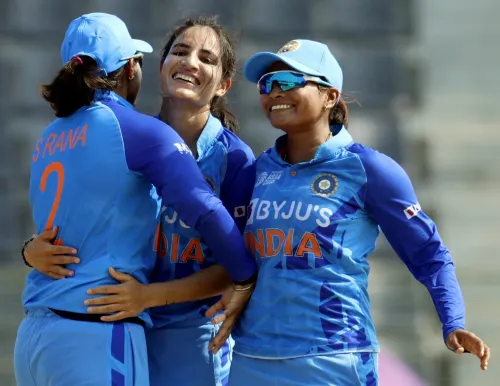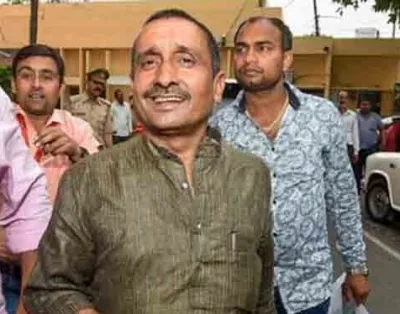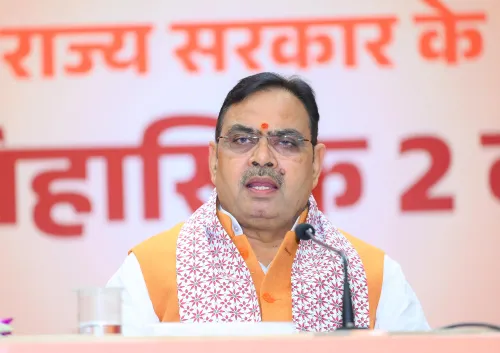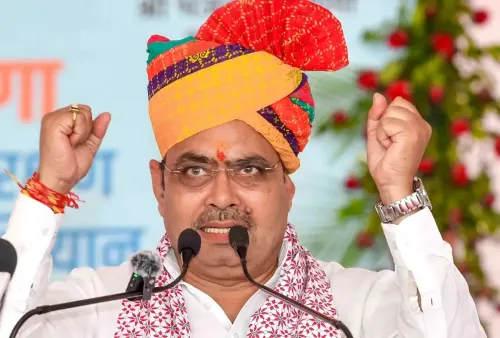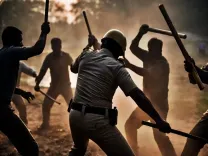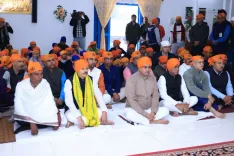Will the SC Hear the Maharashtra Government’s Plea Against the Acquittal in the 2006 Mumbai Train Blasts Case?
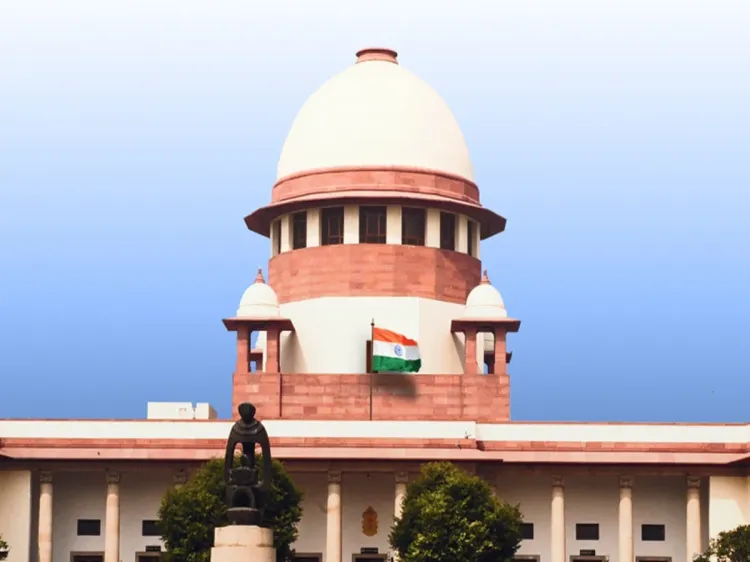
Synopsis
Key Takeaways
- Supreme Court to hear Maharashtra's plea on July 24.
- Bombay High Court acquitted 12 accused in a significant ruling.
- Victims' families demand justice and accountability.
- Concerns over the adequacy of the initial investigation.
- Political leaders express shock at the verdict.
New Delhi, July 22 (NationPress) The Supreme Court has agreed to consider the Maharashtra government’s appeal against the Bombay High Court ruling that acquitted 12 individuals involved in the 2006 Mumbai train blasts case. The hearing is scheduled for July 24.
A bench led by Chief Justice of India (CJI) B.R. Gavai has prioritized this case following a request from Solicitor General (SG) Tushar Mehta, who emphasized the significance of the matter, citing several crucial issues that warrant the Supreme Court’s intervention.
In a critical decision announced on Monday, the Bombay High Court acquitted 12 accused, including five sentenced to death and seven facing life imprisonment, for their alleged involvement in the July 11, 2006, Mumbai blast incident.
The acquittal order from Justices Anil Kilor and S. Chandak has been a major setback for investigative authorities, as it mandated the immediate release of the accused.
The Kilor-led bench criticized the inadequate investigation by the prosecution, stating that they failed to demonstrate the type of explosives used in the incidents.
The 12 defendants—who spent 19 years in confinement—successfully argued in front of the Bombay High Court that they were subjected to torture to extract confessions.
The court deemed these confessions inadmissible, asserting, "The prosecution did not meet the standards for the voluntariness and truthfulness of the confessions."
Maharashtra Chief Minister Devendra Fadnavis described the High Court’s ruling as "shocking", confirming that the state government would appeal the decision in the Supreme Court.
On July 11, 2006, a series of seven bomb blasts on crowded Mumbai local trains caused chaos in the city, resulting in 189 fatalities and over 800 injuries.
Previously, in 2015, a special court found 12 individuals guilty, sentencing five—Faisal Shaikh, Asif Khan, Kamal Ansari, Ehtesham Siddiqui, and Naveed Khan—to death, while the other seven received life sentences.
The prosecution alleged that the attack was orchestrated by the ISI, Pakistan's intelligence agency, and executed by members of the Lashkar-e-Taiba, a militant organization based in Pakistan, supported by the banned Students' Islamic Movement of India.


